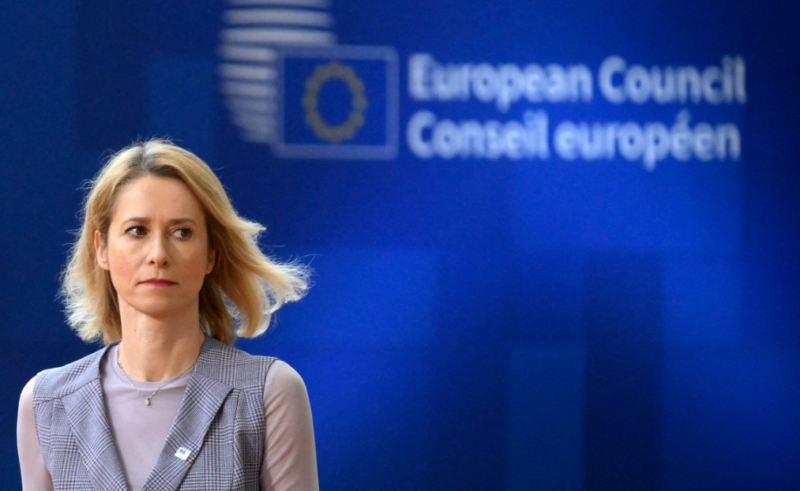The European Union is hitting pause on parts of its relationship with Israel, as a majority of its foreign ministers agreed to reassess the bloc’s cooperation agreement amid deepening concern over Israel’s ongoing military operations in Gaza and a protracted aid blockade.
After 11 weeks of restricted access, Israel has now begun easing limitations on humanitarian deliveries, with 93 UN aid trucks allowed into Gaza on Tuesday. But the gesture hasn’t cooled international backlash. The European review—pushed through despite opposition from countries like Hungary, Germany, and Italy—marks a notable shift in tone.
Israel fired back swiftly, accusing the EU of misreading the situation entirely. A government statement warned that Europe is “failing to grasp the complex reality Israel is confronting.”
Meanwhile, across the Channel, the United Kingdom escalated tensions further. London suspended trade negotiations with Tel Aviv and summoned Israel’s ambassador, calling Israel’s campaign in Gaza “intolerable.” Britain’s stance comes as no surprise to political observers; pressure has been mounting on Labour to show solidarity with Palestinians, especially following the International Criminal Court’s (ICC) controversial arrest warrant for Prime Minister Benjamin Netanyahu.
Labour leader Keir Starmer’s government has taken a markedly tougher line than its predecessors. Just months into office, Starmer imposed restrictions on select arms sales to Israel and declined to challenge the ICC’s warrant—despite questions swirling around the court’s internal credibility.
Back in Brussels, there’s a notable split in how far EU nations are willing to go. While Germany resisted reviewing the Israel agreement, it did join 25 other member states in supporting sanctions on violent Israeli settlers in the West Bank. Hungary alone blocked that move, and in a separate twist, Hungary’s parliament voted to leave the ICC entirely, branding it a “politically driven” institution.
The war of words hasn’t stayed within diplomatic channels either. Israeli Foreign Ministry spokesperson Oren Marmorstein dismissed the UK’s latest actions as nothing more than “anti-Israel obsession” driven by domestic political pressures. He doubled down, insisting that Israel won’t be swayed by outside interference when it comes to safeguarding its people from hostile threats.
British journalist Stephen Pollard didn’t mince words either, accusing the UK government of aligning itself with “Hamas, not Israel,” and claiming the real target isn’t just the state of Israel, but Jews as a people.
Still, glimmers of cooperation remain. Israel and the United Arab Emirates announced a deal to fast-track humanitarian aid into Gaza, signaling that despite rising political friction, backdoor diplomacy is still in motion.
With scrutiny intensifying and alliances shifting, one thing’s certain—Europe and Israel are on a collision course, and the fallout is just beginning.




